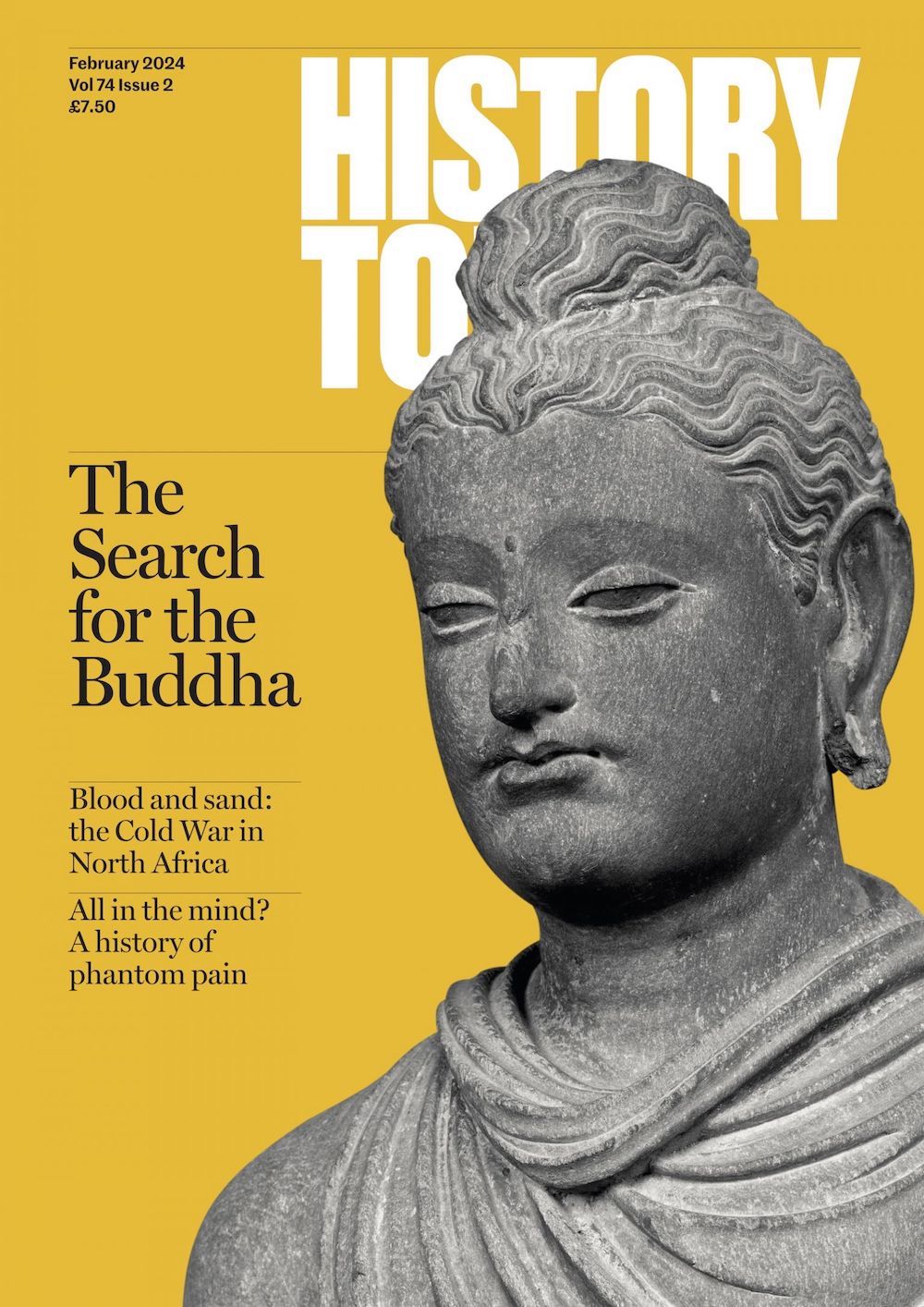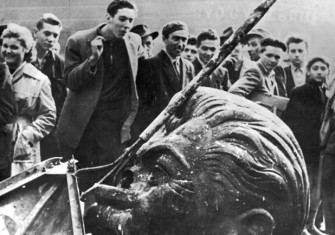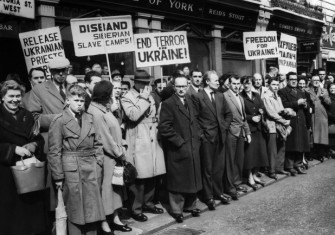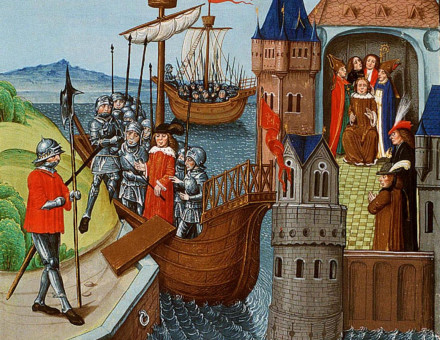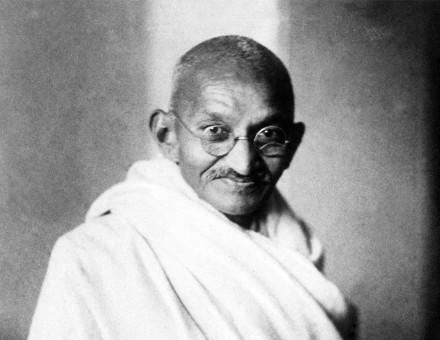The KGB After Stalin
In 1954 a new agency was founded: the KGB. While less violent and arbitrary than what it replaced, its insidious reach soon permeated Soviet society.

In the years following Stalin’s death in March 1953, the Soviet Union changed. Relations with the US remained characterised by rivalry and mistrust, but were less openly hostile than before. Ties with Communist China shifted from declarations of eternal friendship to increasingly bitter recriminations that seemed to threaten war by the late 1960s. The decolonisation process saw increasing Soviet involvement in the affairs of Africa, Asia and Latin America, while great victories in the space race dazzled audiences both at home and abroad. At the start of the 1960s it was by no means clear which of the two superpowers would eventually emerge victorious in the quest for global predominance.
On the domestic front, living standards and education levels were rising, arbitrary repression was reined in, and liberalisation brought moments of vibrancy back to a stultified cultural sphere. But there were also areas in which post-Stalin change proved much more limited. The ruling Communist Party continued to guard its monopoly on power with real determination. For this, it relied on its trusty ‘sword and shield’: the KGB.

